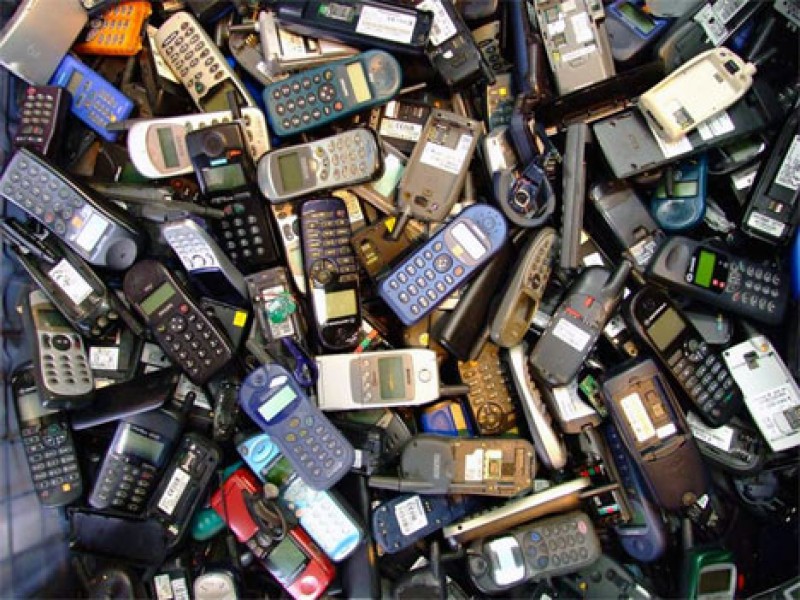Charles Conkin | November 5, 2015
In eighth grade a friend invited me over to his house so I could see this new thing he got called AOL. In that moment, my life was plugged in. Since then the internet and digital advancements are astounding. Years ago we used rotary phones, then touch tone, cordless, and now we live in a world that makes it possible to video chat with the other side of the world from the palm of our hands.
Pediatrician Dimitri Christakis calls us adults "digital immigrants." We came to this intensity of technology from adapting over years to trends. Our children on the other hand are digital natives. They will never know a world without cell phones and tablets. Research shows us that children have a screen in front of their faces on average four and a half hours a day and adults close to nine hours.
Technology is always with us. Have you ever forgotten your cell phone at home? The feeling of disconnection. The anxiety of not knowing up-to-the-minute news. You may also experience, as do I, the phantom vibration in your pocket where a cell phone should be. We are constantly connected and use this technology as a way to engage with the world. But being connected is not always positive for health.
Screen usage is affecting us in all areas of our lives. Biologically: adults are experiencing eye deterioration at an earlier age and children are affected by delays in cognitive development. Socially: teenagers are lacking in face-to-face conversation and conflict management skills. There is also less time for mental reflection which is vital for identity formation. And emotionally: children and youth are forming digital addictions. Psychiatrist Dr. Joe Austerman points out the warning signs of digital addiction. "If there is any change in mood or any change in anxiety or especially if you're trying to get your child off the video games and you see that they become explosive, or they have a really strong attachment to these video games. Pay attention to their behavior when it comes to smartphones, computers and tablets. Watch to see if they are picking their device over family, friends, and playing outside."
I am not suggesting living in the woods or hiding from screens. I am aware of the irony that you are reading this on a screen. Rather the important lesson from the research being conducted is awareness. We need to be aware of how we use screens, when we use them and for what duration. Our job is to learn best practices for using and consuming technology at all ages.
This blog was inspired by the below articles and podcast. Please click the link for further reading:
How Much 'Screen Time' Is Too Much? Why That's The Wrong Question
Comments
As a Baptist church affirming the liberty of conscience, we recognize each individual's right to his or her own opinion and welcome your comments, positive or negative. We strive for communication that invites a respectful and personal exchange of opinions and thoughts. This is often not possible through running dialogues in our comment section. To respect the dignity of all persons, we may delete comments that contain profanity, hate speech, or threatening language.
There are no comments



